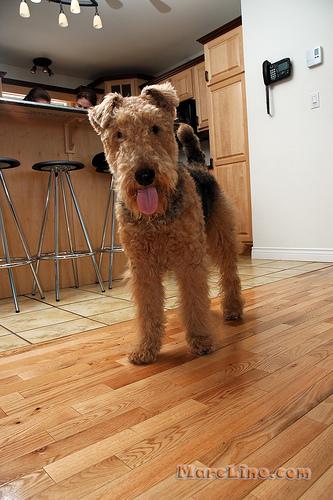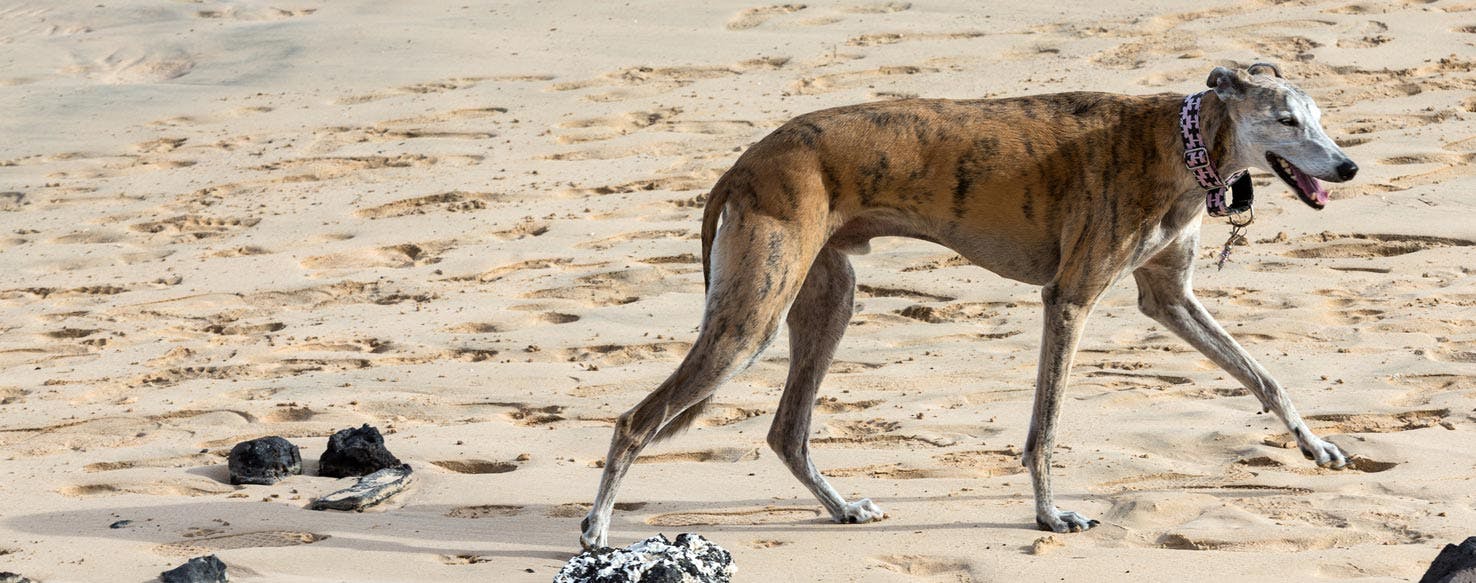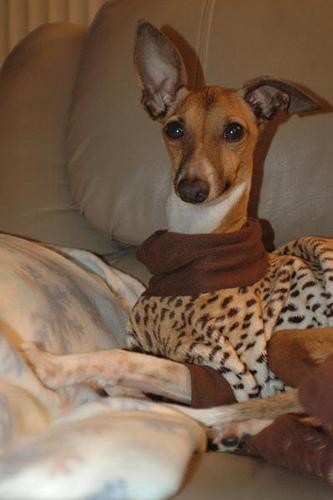About Bichon Frise
The Bichon Frise, with its fluffy white coat and cheerful disposition, is a beloved companion dog known for its playful nature and hypoallergenic qualities. This charming breed makes a wonderful addition to many families, thriving on affection and interaction. Learn more about this delightful breed and discover if a Bichon Frise is the right fit for your lifestyle.
History and Origin
The Bichon Frise boasts a rich history, tracing its roots back to the Mediterranean. Believed to be descendants of the Barbet or Water Spaniel, these small white dogs were popular among sailors and traders, who carried them from port to port. The breed's journey led them to Spain, then to Italy, where they became favorites of nobility during the Renaissance. They later gained popularity in France, particularly during the reigns of Henry III and Napoleon III. Their charm and trainability even led them to a stint as circus performers. Despite facing near extinction after World War II, dedicated breeders worked diligently to revive the breed, leading to its recognition by the American Kennel Club (AKC) in 1972. The name "Bichon Frise" translates from French as "curly lap dog," a perfect description of this endearing canine.
Physical Characteristics
Bichons Frises are small to medium-sized dogs, known for their distinctive, powder-puff appearance. They typically stand around 9 to 11 inches tall and weigh between 12 and 18 pounds. Their most notable feature is their soft, dense, and silky double coat, which is always white, though puppies may have cream or apricot markings that fade with age. The coat is short and curly, giving them a fluffy, cloud-like appearance. Bichons have dark, round eyes and a black nose, which provide a striking contrast against their white fur. Their tail is plumed and carried jauntily over their back. This breed has a life expectancy of 9 to 11 years.
Temperament and Personality
Bichons Frises are renowned for their happy, playful, and affectionate personalities. They are highly social dogs who thrive on human companionship and enjoy being the center of attention. They are generally good with children and good with other dogs, making them excellent family pets. Their cheerful disposition and eagerness to please make them wonderful companions for people of all ages. Bichons are intelligent and curious, always eager to explore their surroundings. While they are not known to be excessive barkers, they will often alert their owners to visitors, making them decent watchdogs. They have a moderate energy level (3/5) and enjoy playtime, but are also content to cuddle on the couch. Overall, the Bichon Frise is a well-balanced and adaptable breed, making them a joy to be around.
Training and Exercise Needs
Bichons Frises are intelligent dogs, but their playful nature can sometimes make them a bit stubborn. Consistent and positive reinforcement training methods are essential for success. Early socialization is crucial to ensure they develop into well-adjusted and confident adults. They are moderately trainable (3/5) and respond well to reward-based training. Due to their sensitive nature, harsh training methods should be avoided.
While they are not overly energetic, Bichons Frises require regular exercise to stay healthy and happy. Daily walks, playtime in the yard, or interactive games indoors are sufficient to meet their exercise needs. Puzzle toys and training games can help keep their minds stimulated and prevent boredom. Bichons are adaptable and can thrive in various living environments, from apartments to houses with large yards, as long as they receive adequate attention and exercise.
Health and Care
Bichons Frises are generally healthy dogs, but like all breeds, they are prone to certain health conditions. Common health concerns include allergies, bladder stones, cataracts, and patellar luxation (slipping kneecaps). Reputable breeders screen their dogs for these conditions to minimize the risk of passing them on to their offspring.
Grooming is an essential aspect of caring for a Bichon Frise. Their coat requires regular brushing, ideally daily, to prevent mats and tangles. Professional grooming is recommended every 4-6 weeks to keep their coat trimmed and looking its best. They have low shedding (2/5), which can be beneficial for people with allergies. Regular ear cleaning is necessary to prevent ear infections, and their teeth should be brushed regularly to maintain good oral hygiene. Bichons have moderate drooling (3/5). A healthy diet and regular veterinary checkups are crucial for maintaining their overall health and well-being.
Is This Breed Right For You?
The Bichon Frise is a wonderful companion dog for individuals and families who can provide them with the attention, grooming, and exercise they need. They are best suited for homes where they will not be left alone for extended periods, as they thrive on human interaction. If you are looking for a cheerful, affectionate, and relatively low-shedding dog who will bring joy and laughter into your life, the Bichon Frise may be the perfect breed for you. However, be prepared to invest time and effort into grooming and training to ensure your Bichon Frise lives a happy and healthy life. Carefully consider your lifestyle, commitment level, and ability to meet the breed's specific needs before bringing a Bichon Frise into your home.
Temperament
Basic Information
- Size Medium
- Life Span 9-11 years
- Coat Type Silky
- Coat Length Short
Characteristics
Energy Level
3/5
Trainability
3/5
Good with Children
4/5
Good with Other Dogs
5/5
Shedding
2/5
Grooming Needs
2/5
Drooling
3/5
Comments
No comments yet. Be the first to comment!
Upload a Photo
You must be logged in to upload photos.
Compare Breeds
Compare this breed with another to find the perfect match for you.



